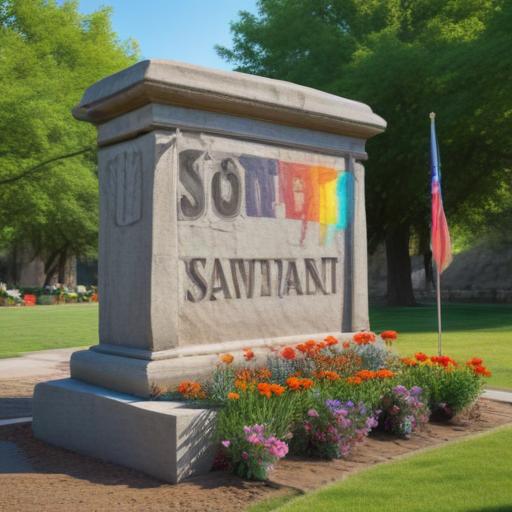The National Park Service has made significant edits to the official Stonewall National Monument website, notably removing numerous references to bisexual individuals, following earlier cuts that excluded mentions of transgender people. This change aligns with a concerning trend of erasing diverse LGBTQ+ identities from historical narratives that began earlier this year.
Once celebrated as a key symbol in the struggle for LGBTQ+ rights, the monument’s description has narrowed its focus to only “gay and lesbian” individuals, effectively sidelining the contributions and histories of bisexual and transgender people. Archived versions of the site indicate a troubling evolution in language; it initially recognized the struggles faced by “lesbian, gay, bisexual, transgender, or queer (LGBTQ+)” individuals, but now simplifies this to just “gay or lesbian.”
Criticism has erupted from within the LGBTQ+ community and allies, with the Stonewall Inn and the Stonewall Inn Gives Back Initiative emphasizing that this erasure distorts our history and dishonors the contributions of key figures, particularly transgender women of color. Notably, even general references to the Stonewall uprising as a pivotal moment for “LGBTQ civil rights” have been reframed to solely celebrate “gay and lesbian civil rights.”
Independent journalist Erin Reed has highlighted these edits, which echo similar patterns observed during the Trump administration when policies and public resources supporting the LGBTQ+ community were rolled back. A petition calling for the reversal of these changes has gained significant traction, collecting over 47,000 signatures, reflecting strong resistance within the community to these attempted revisions of history.
Many individuals who participated in the Stonewall uprising identified with various identities that encompassed the LGBTQ+ spectrum, making these changes deeply personal for those who lived through the movement. As such, removing these identities from the community’s historical record does not alter the truth of their experiences; it only complicates the narrative for future generations.
The LGBTQ+ community remains determined to ensure that the full breadth of their history is acknowledged and celebrated, standing firm against these attempts to rewrite their legacy. The resilience of those voices will play a crucial role in advocating for inclusive representation and preserving the rich, multifaceted history of the LGBTQ+ movement.
